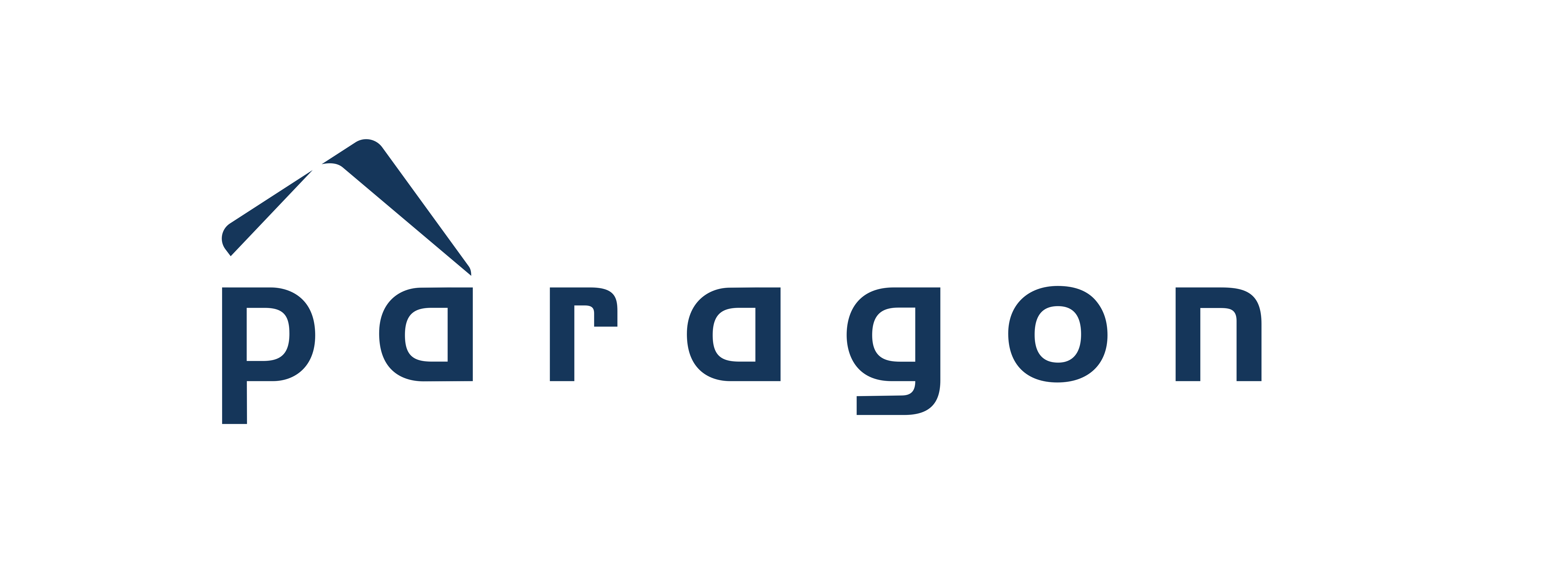
Tax season is just around the corner, and as a landlord, it’s crucial to know what you can and can’t claim on your tax return.
We’ve explored three key areas of deductions: those you can claim immediately, those that are spread over several years, and those you cannot claim.
Understanding these deductions can help save headaches come tax time and improve your investment profitability.
Immediate deductions
Certain expenses can be deducted in the same year they are incurred, providing immediate tax relief. These include:
- Advertising costs: Costs for marketing your property to prospective tenants.
- Body corporate administrative fund: Regular fees associated with the management of communal property areas.
- Council rates, water charges, land tax: Local government charges related to property ownership.
- Cleaning, gardening, and lawn mowing: Expenses for maintaining the property’s appearance.
- Pest control: Costs for services to manage and prevent pest infestations.
- Insurance: Premiums for building, contents, public liability, and rental income.
- Interest expenses: Interest paid on loans to acquire the property.
- Pre-paid expenses: Costs paid in advance for services to be used in the future.
- Property agent’s fees and commission: Fees paid to property managers for their services.
- Repairs and maintenance: Costs for maintaining the property in good condition.
- Legal expenses: Fees for legal services related to property management (excluding those related to property purchase).
Deductions over several years
Some expenses are spread over multiple years, commonly known as borrowing expenses. These include:
- Loan establishment fees
- Lender’s Mortgage Insurance (LMI)
- Title search fees
- Costs for preparing and filing mortgage documents
- Mortgage broker fees
- Fees for valuation required for loan approval
- Stamp duty on the mortgage
Non-deductible expenses
Certain expenses cannot be claimed as borrowing expenses. These include:
- The amount you borrow for the property
- Loan balances for the property
- Repayments of principal against the loan balance
- Stamp duty on property title transfer (this is a capital expense)
- Legal expenses for property purchase (including solicitors’ and conveyancers’ fees – considered capital expenses)
- Stamp duty on leasehold interests (such as 99-year Crown leases, although not common in Western Australia – this may be claimable as a lease document expense)
- Insurance premiums for loan payoff on death/disability/unemployment (this is considered a private expense)
- Borrowing expenses for private loan portions (eg. using loan money to buy a car)
Note: REIWA provides this information for general nature only and does not constitute professional advice. You should always seek professional advice in relation to your circumstances before acting.
Sourced from REIWA




